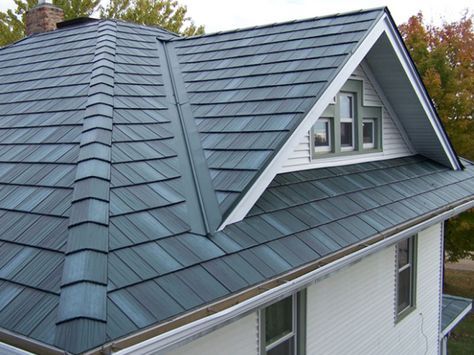A roof replacement cost is one of the most significant home improvement projects a homeowner can undertake. It’s a crucial investment that protects your property, enhances its curb appeal, and can even improve energy efficiency. However, understanding the financial implications and various factors that influence the cost can be daunting. This comprehensive guide aims to demystify roof replacement costs for homeowners, providing a clear overview of what to expect in 2025.
Understanding the Average Cost Landscape
As of 2025, the average cost for a full roof replacement typically falls within a broad range, often between $7,000 and $14,500 for a standard home in the United States, with many homeowners spending around $11,000. However, this is a general estimate, and prices can fluctuate significantly based on numerous variables. For more complex projects or premium materials, costs can easily extend upwards, sometimes exceeding $60,000. It’s important to remember that these figures usually include both the cost of materials and professional installation.
Key Factors Driving Roof Replacement Costs
Several critical factors directly impact the final price of your roof replacement. Being aware of these will help you interpret quotes and budget effectively:
- Material Choice: This is arguably the biggest determinant of cost. Different roofing materials come with vastly different price tags per square foot and overall lifespans.
- Roof Size and Complexity: A larger roof naturally requires more materials and labor. Similarly, roofs with steep pitches, multiple valleys, dormers, chimneys, or intricate designs are more challenging and time-consuming to work on, increasing labor costs.
- Labor Rates: The cost of labor varies by region, the contractor’s experience, and the specific demands of the job. Labor can account for 40% to 60% of the total project cost.
- Old Roof Removal (Tear-Off): If your existing roof needs to be removed, this adds to the cost. The expense depends on the type of old material and the number of layers, typically ranging from $1 to $5 per square foot for removal and disposal.
- Underlying Decking and Structure Repair: During the tear-off, if rotten wood, water damage, or structural issues are discovered in the roof decking or rafters, these necessary repairs will add to the overall expense.
- Permits and Inspections: Most municipalities require permits for roof replacements to ensure compliance with local building codes. These fees typically range from $100 to $500.
- Accessibility: If your roof is difficult to access (e.g., very high, limited space around the house), it might require specialized equipment or more manual labor, increasing costs.
- Geographic Location: Local market conditions, demand for services, and regional material availability can all influence pricing.
Cost Breakdown by Common Material Types
Here’s an overview of the estimated total costs for a 2,000 sq. ft. roof, broken down by material type, including both materials and installation:
- Asphalt Shingles:
- 3-Tab: $7,000 – $10,000 (Lifespan: 15-25 years) – Most economical.
- Architectural: $8,000 – $17,000 (Lifespan: 25-30 years) – More durable and aesthetically pleasing.
- Metal Roofing: $8,000 – $80,000 (Lifespan: 40-70+ years) – Durable, energy-efficient, with a wide price range based on metal type (e.g., steel, aluminum, copper).
- Wood Shakes and Shingles: $12,000 – $32,000 (Lifespan: 25-30 years) – Offers natural charm but requires maintenance.
- Concrete Tiles: $21,400 – $55,000 (Lifespan: 50+ years) – Durable, energy-efficient, and can mimic other materials.
- Clay Tiles: $22,000 – $44,000 (Lifespan: 50-100 years) – Classic, long-lasting, and fire-resistant.
- Natural Slate: $40,000 – $70,000 (Lifespan: 75-200 years) – Premium, highly durable, but very expensive.
- Synthetic Slate: $16,000 – $30,000 (Lifespan: 40-50 years) – A more affordable alternative to natural slate.
- Synthetic (Rubber/Plastic) Roofing: $10,000 – $24,000 (Lifespan: 25-50 years) – Modern, low-maintenance, and mimics various materials.
Smart Planning for Your Roof Replacement
To navigate the costs effectively, homeowners should:
- Obtain Multiple Quotes: Always get detailed quotes from at least three reputable roofing contractors.
- Understand the Quote: Ensure the quote clearly itemizes materials, labor, tear-off, disposal, and any other potential fees.
- Consider Long-Term Value: While upfront cost is important, also weigh the material’s lifespan, maintenance needs, and energy savings. A more expensive material might offer better long-term value.
- Budget for Contingencies: Set aside an extra 10-20% of the estimated cost for any unforeseen issues that might arise during the project.
- Check for Warranties: Understand both the material warranty from the manufacturer and the workmanship warranty from the contractor.
A roof replacement is a significant investment, but with careful planning and a clear understanding of the cost factors, you can ensure a successful project that protects and enhances your home for years to come.

